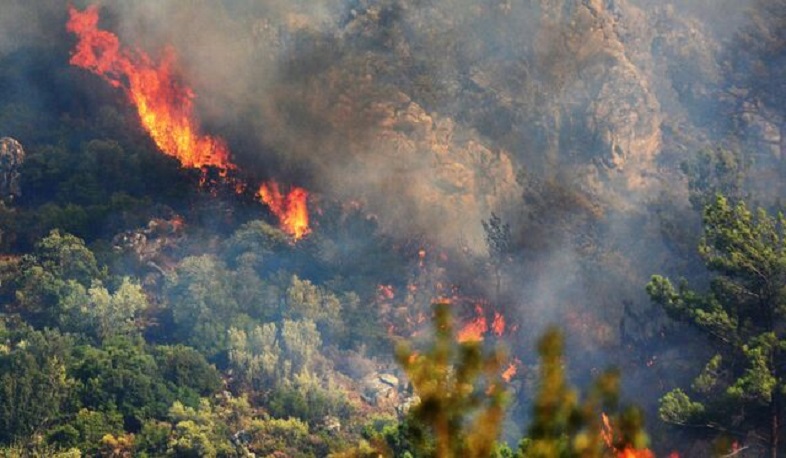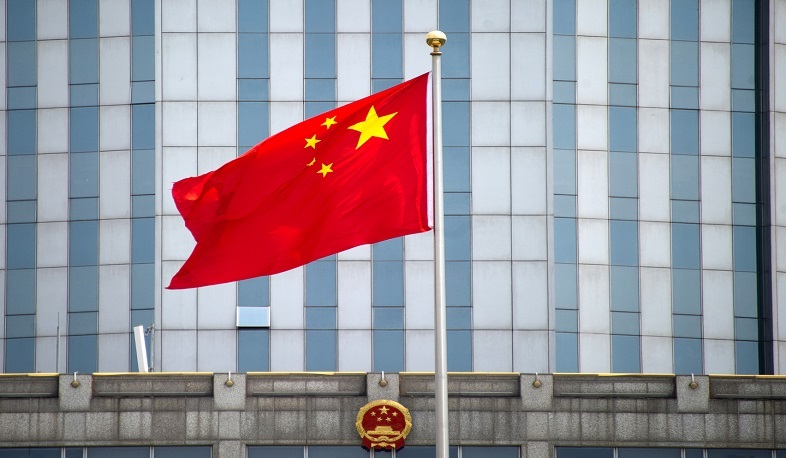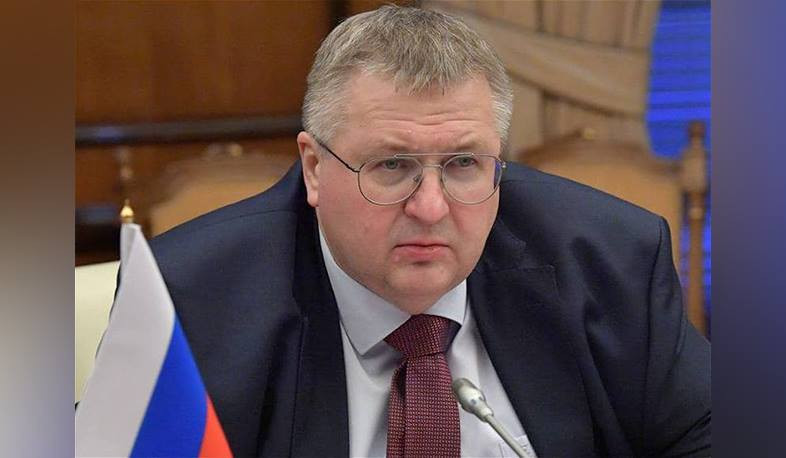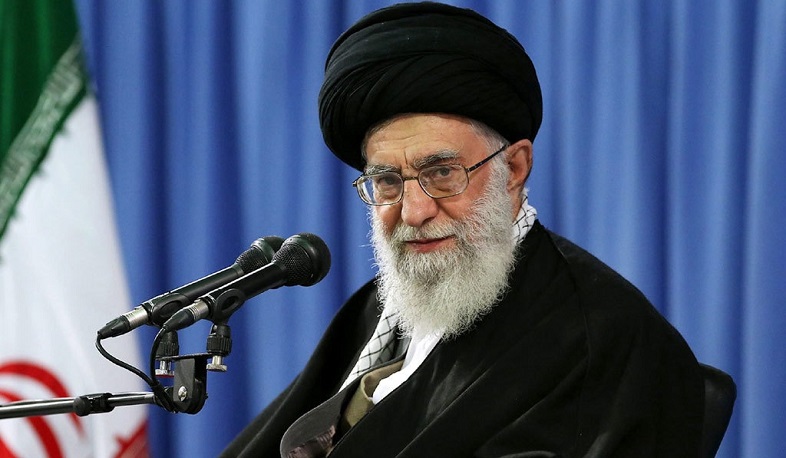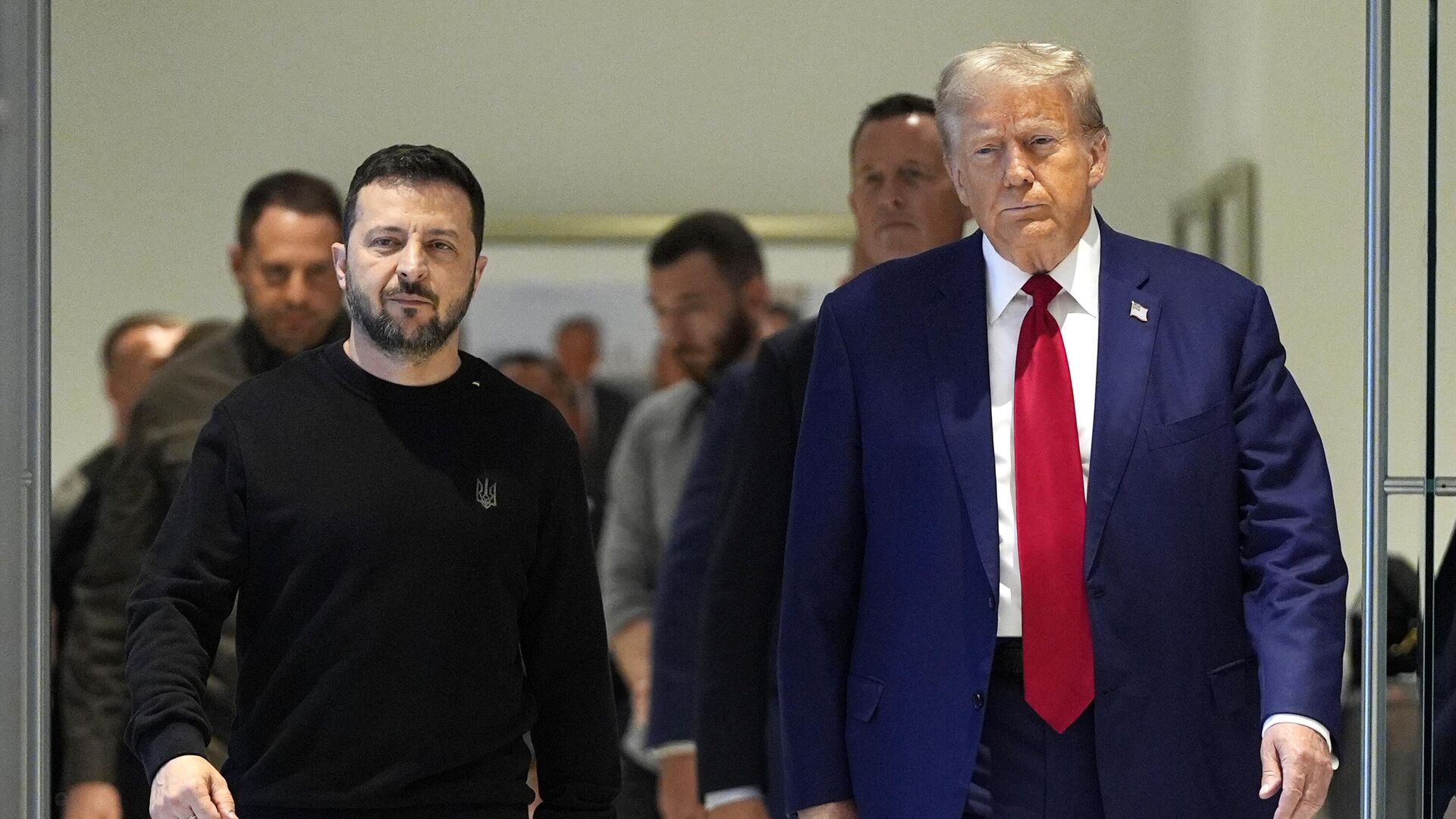The Foreign Affairs Committee at European Parliament questioned Kaja Kallas, Estonian candidate for High Representative/Vice-President for foreign affairs and security policy, the EP press office reports.
In her introductory statement, Ms Kallas pledged to work on strengthening the EU’s position in the world and safeguarding its geopolitical and economic security. She also called for more investment in defence and stressed the importance of cooperating with international partners.
Aid for Ukraine and results on enlargement in the next five years
Ms Kallas warned that “Russia, Iran, North Korea, and – more covertly – China, want to change the rules-based world order”. She called on the EU to respond to this threat alongside its closest allies and partners “without losing an inch of who we are”. On war in Ukraine, she said that Ukraine’s victory is a priority for the EU, which has to provide as much military, financial and humanitarian aid as is needed. Ms Kallas argued in favour of Ukraine’s accession to the EU and stressed that enlargement to neighbouring countries is a geostrategic investment that is in the EU´s own interest: “In the next five years we need clear results here.”
On migration, Ms Kallas said that in order to protect freedom of movement, the EU must protect its external borders. It has to prevent the loss of life, while addressing the root causes of migration in the best way possible. On China, she said that the country is increasingly a competitor and a systemic rival, highlighting that “our dependency towards China in key sectors is a real vulnerability. We need to de-risk.”
Regarding defence policy, Ms Kallas warned that Russia, North Korea and Iran produce more equipment and ammunition than the Euro-Atlantic community. Europe needs to invest more in defence and shoulder more responsibility, she said, stressing that the transatlantic partnership has brought prosperity and security to both sides of the Atlantic. As with all relationships, we must build on what works best for both sides, she added.
New US administration, defence, sanctions
MEPs questioned Ms Kallas on how she would engage with the incoming U.S. administration to ensure continued support for Ukraine. She responded that, if confirmed, she will seek connections with the new American leadership because “what I see globally is that we are the strongest of allies and we have to keep sticking together”. She also said that the U.S. cannot afford to focus exclusively on China at the expense of Ukraine, while China also needs to “feel a cost” for its support of Russia.
Referring to Europe’s “significant underinvestment” in defence, she said that stepping up Europe’s defence capabilities would act as a strong deterrent: “It would tell Russia, don’t even think about it, because we will fight back”.
MEPs also asked her about the EU’s sanctions policy and EU complementarity with NATO. Ms Kallas was firm in her belief that the EU does not need separate military powers to NATO, saying that the EU’s role is to boost the defence industry and produce ammunition, with NATO being the lead military organisation. Pressed on whether the EU should make its sanctions on Russia permanent, instead of having to renew them every six months, Ms Kallas expressed support for the idea, while admitting that for the moment she does not see unity around the Council table or this issue. On Israel and Palestine, Ms Kallas said the EU would continue to strive for an immediate ceasefire, the release of all hostages and the provision of humanitarian aid, continuing its firm support for work on a long-term two-state solution.

